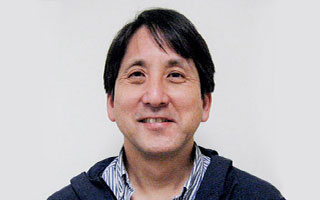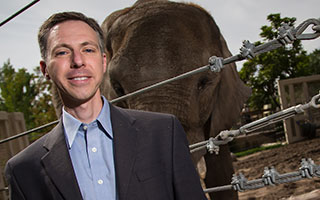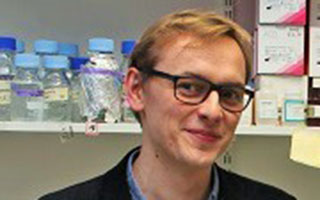Somatic Cell Evolution in Small Human Replicative Units Investigators

Darryl Shibata Co-PI
Professor, University of Southern California

Joshua Schiffman
Professor, University of Utah

Trevor Graham
Professor, Barts Cancer Institute, QMUL
His multidisciplinary lab combines expertise in both theory (maths, physics, computer science, evolutionary biology) together with empirical measurement (molecular genetics, histopathology, bioinformatics). Trevor’s background is similarly multidisciplinary. His undergraduate training was in mathematics (Imperial College London, 2002) and he has a PhD in Mathematical Biology (University College London, 2009, supervised by Ian Tomlinson and Karen Page). It was during his PhD he had his first experience of the wet-lab as part of a (fantastically inspiring) sabbatical placement with Darryl Shibata. Post-PhD, Trevor was a postdoc in Nick Wright’s Histopathology laboratory (London Research Institute, 2008-2011 the forerunner of the Crick Institute) before spending two more years as a postdoc with Carlo Maley (UCSF, 2011-2013). He joined the Barts Cancer Institute as a lecturer (assistant professor) in late 2013. His lab is principally funded by Cancer Research UK and the Wellcome Trust.

Lisa Abegglen
Visiting Instructor, University of Utah
Dr. Abegglen joined the faculty of the University of Utah in 2016, where she is currently a Visiting Instructor in the Division of Pediatric Hematology and Oncology in the Department of Pediatrics. Her laboratory research interests include genetic cancer predisposition syndromes and comparative oncology. Dr. Abegglen’s current research focuses on further understanding the molecular mechanisms of cancer resistance in elephants, with the hope that these mechanisms might someday be translated into better cancer treatments for human patients. She also has an interest in developing clinical assays to better define cancer risk in patients with Li-Fraumeni Syndrome.